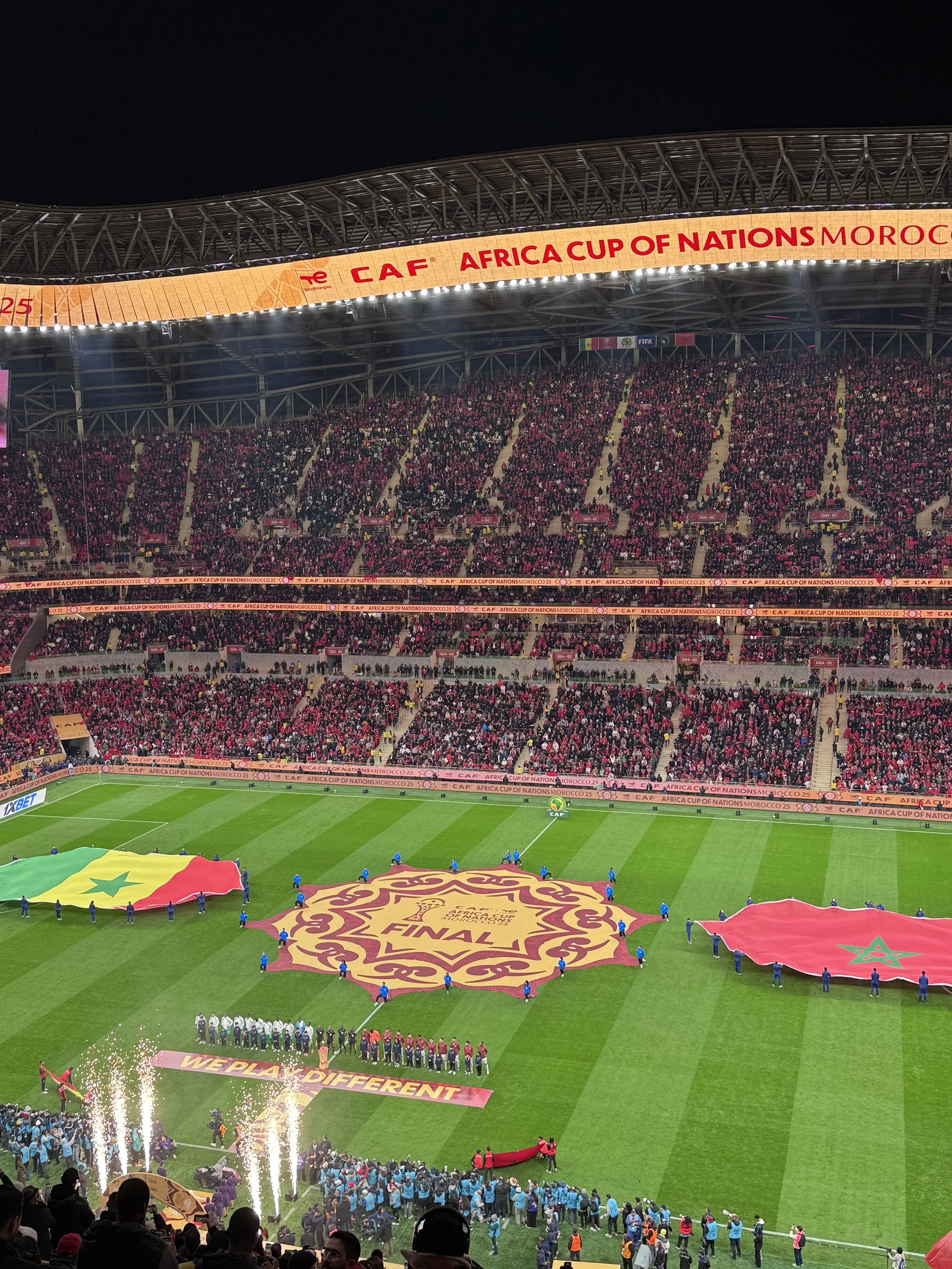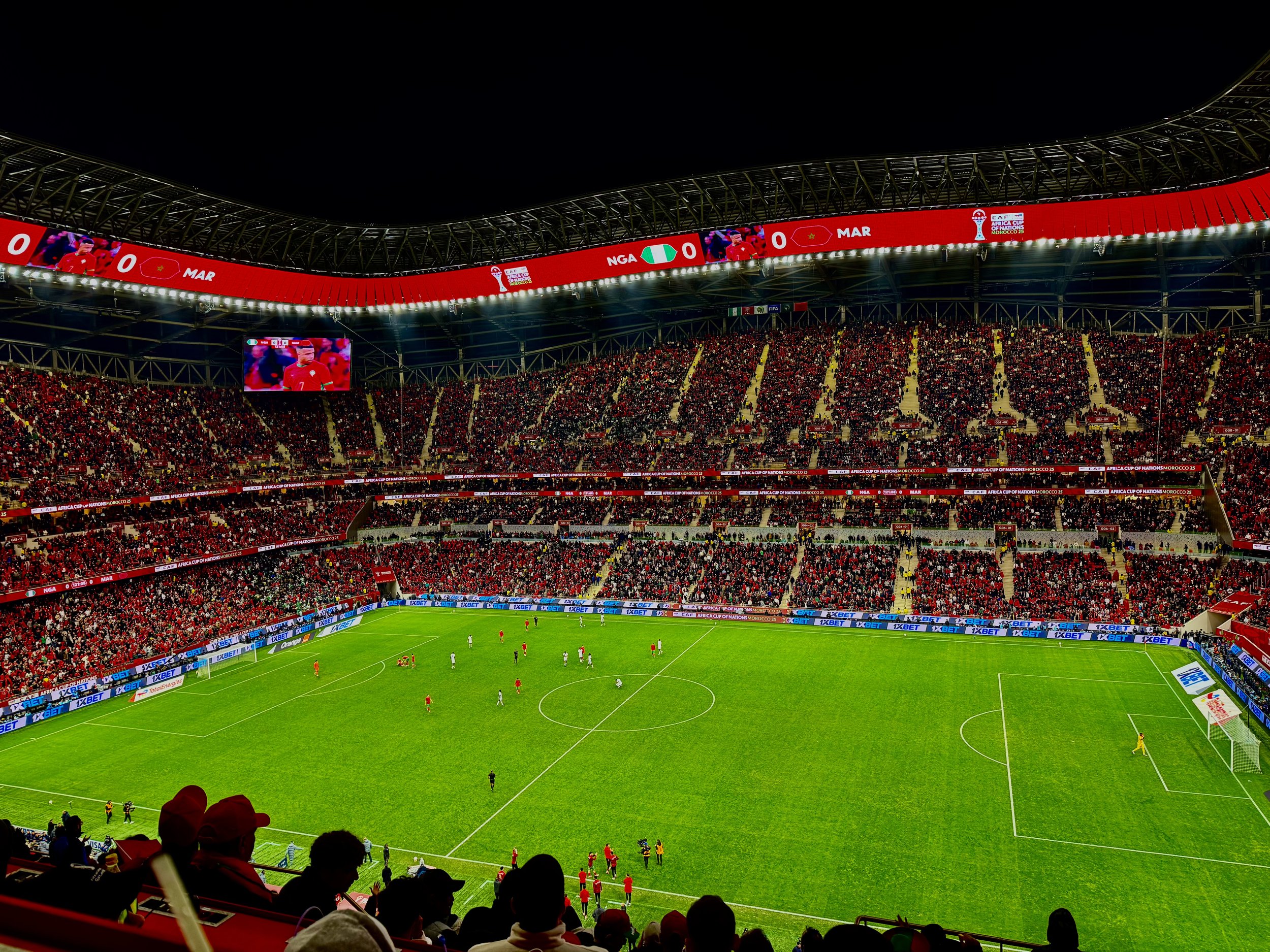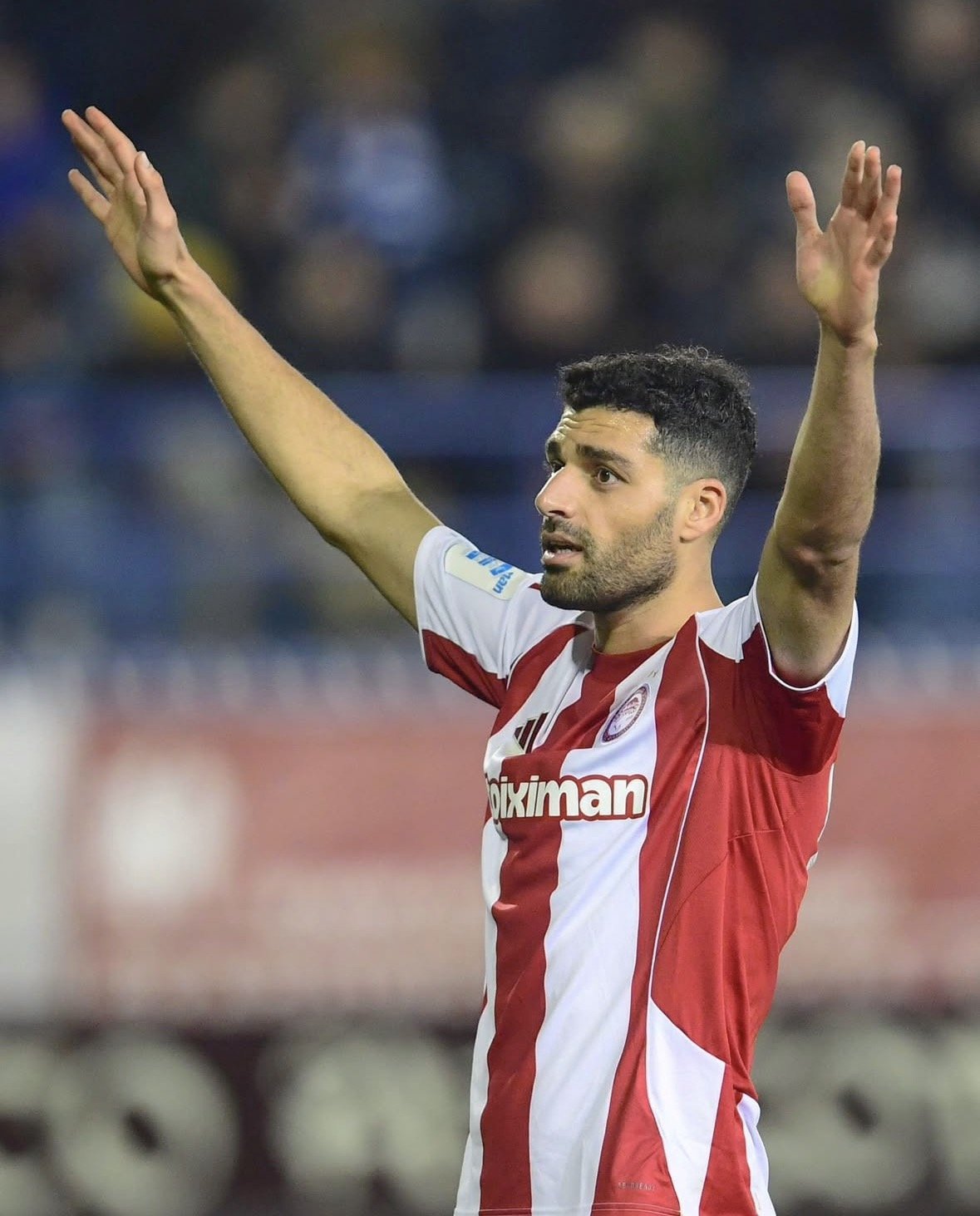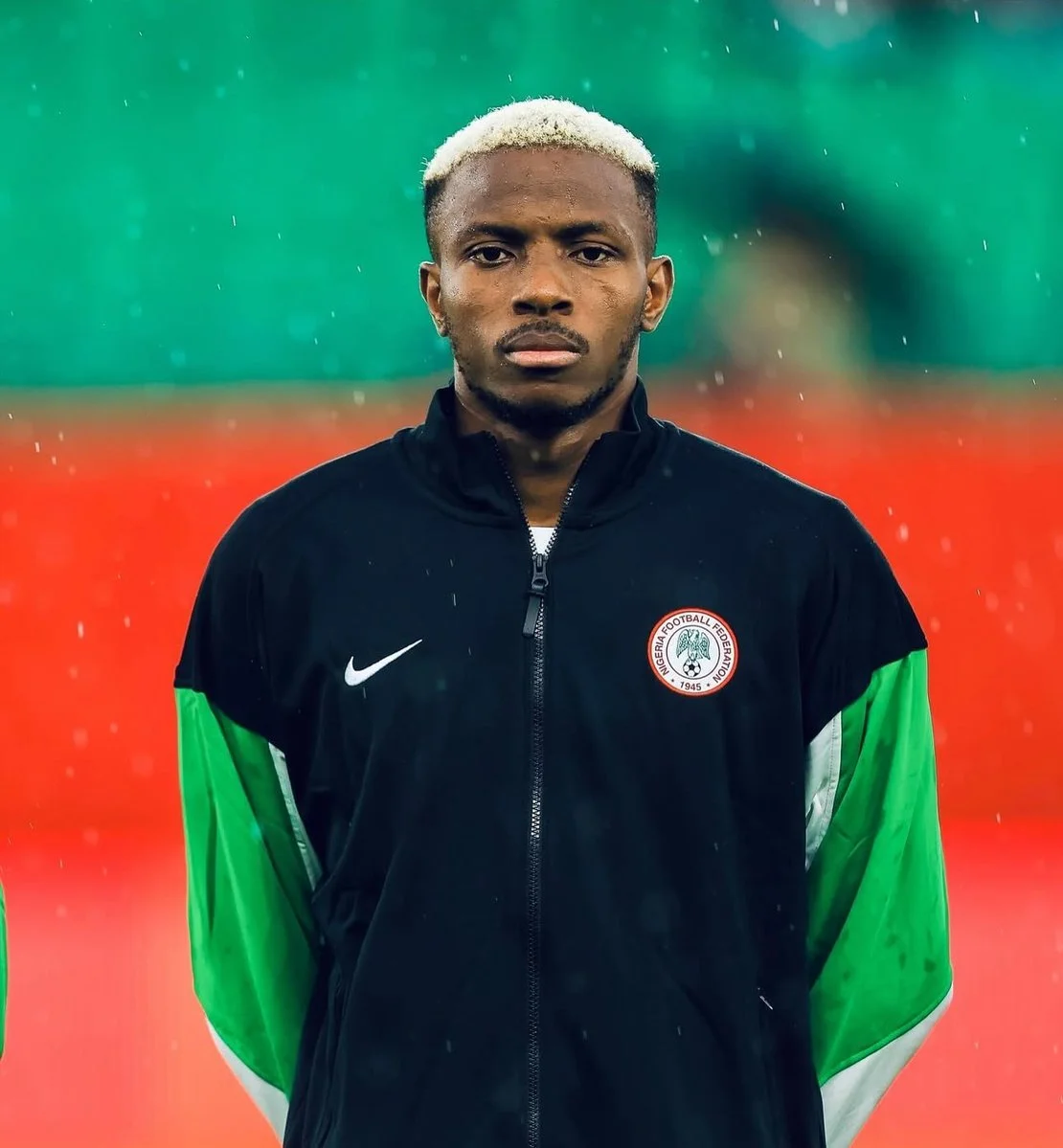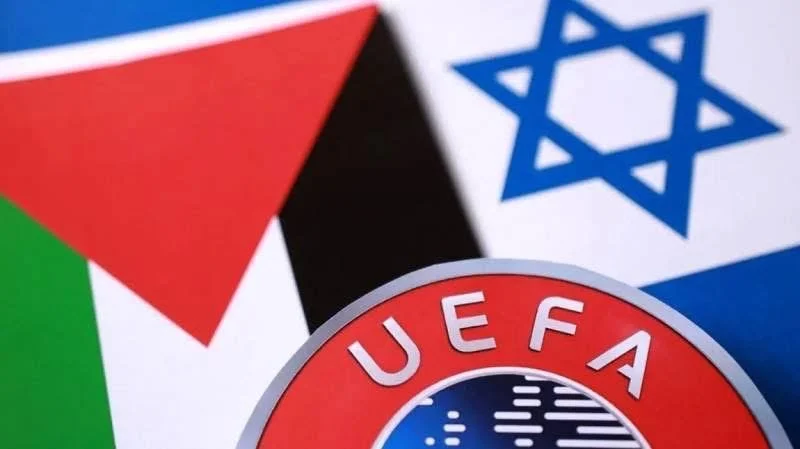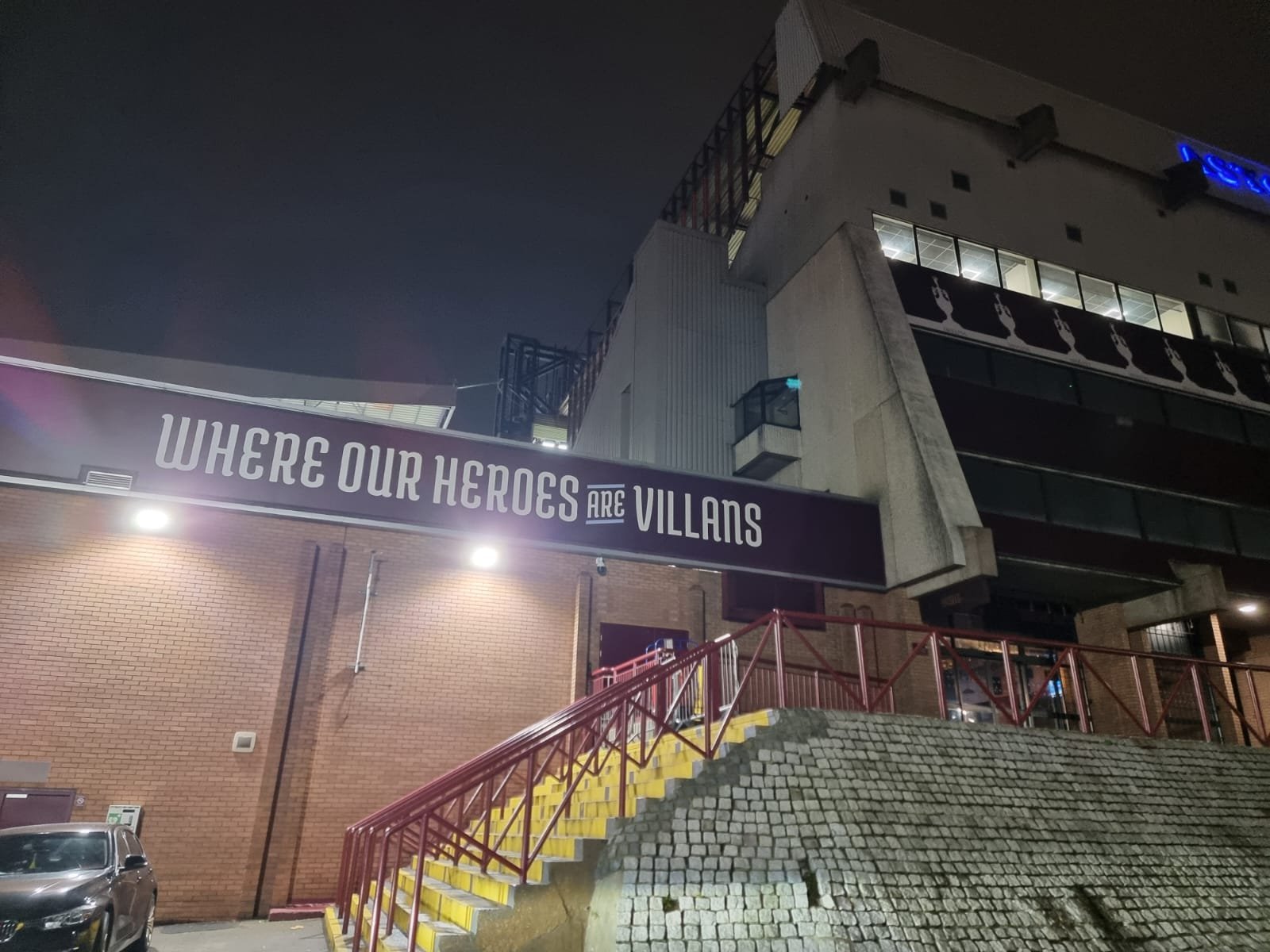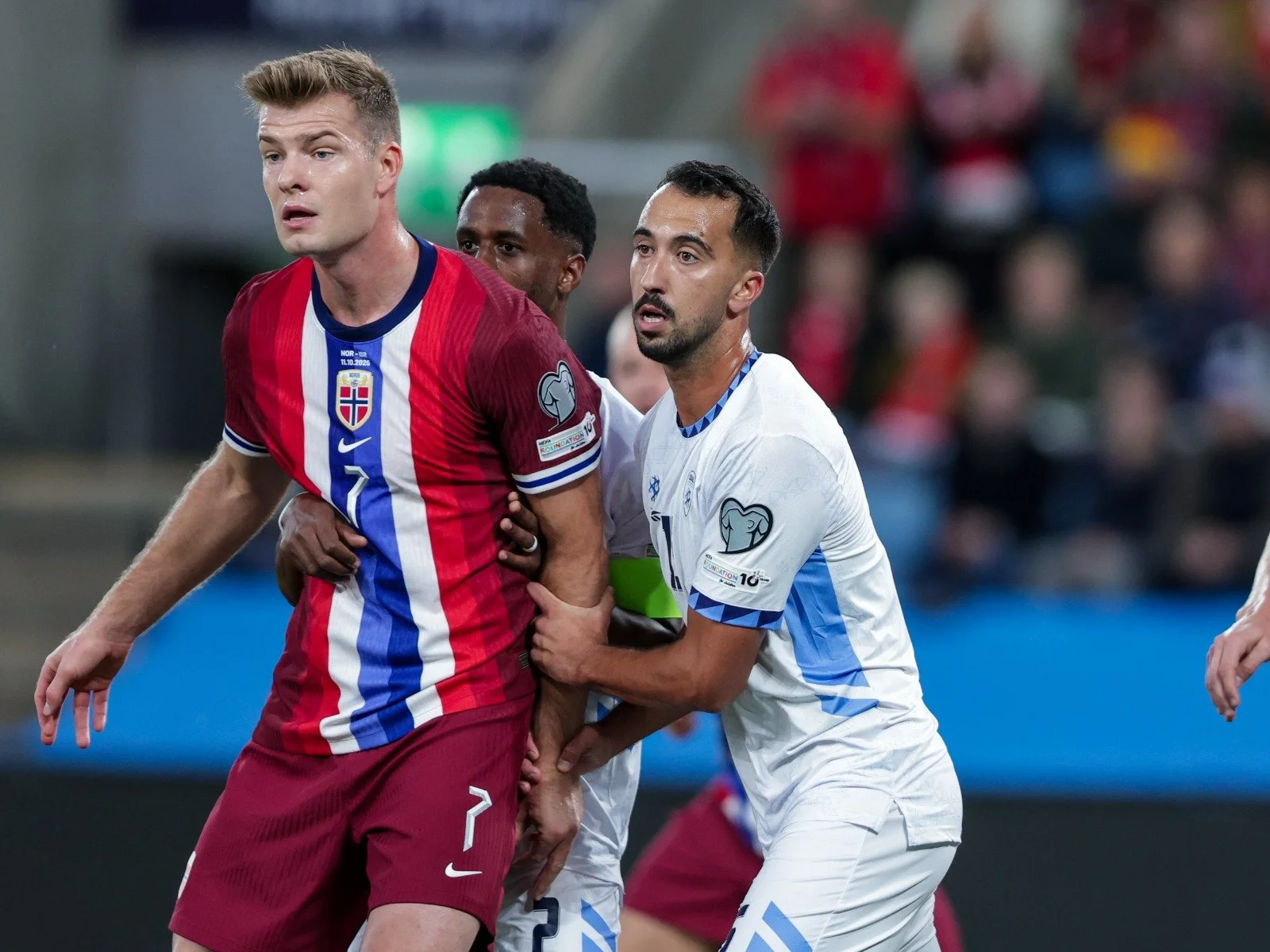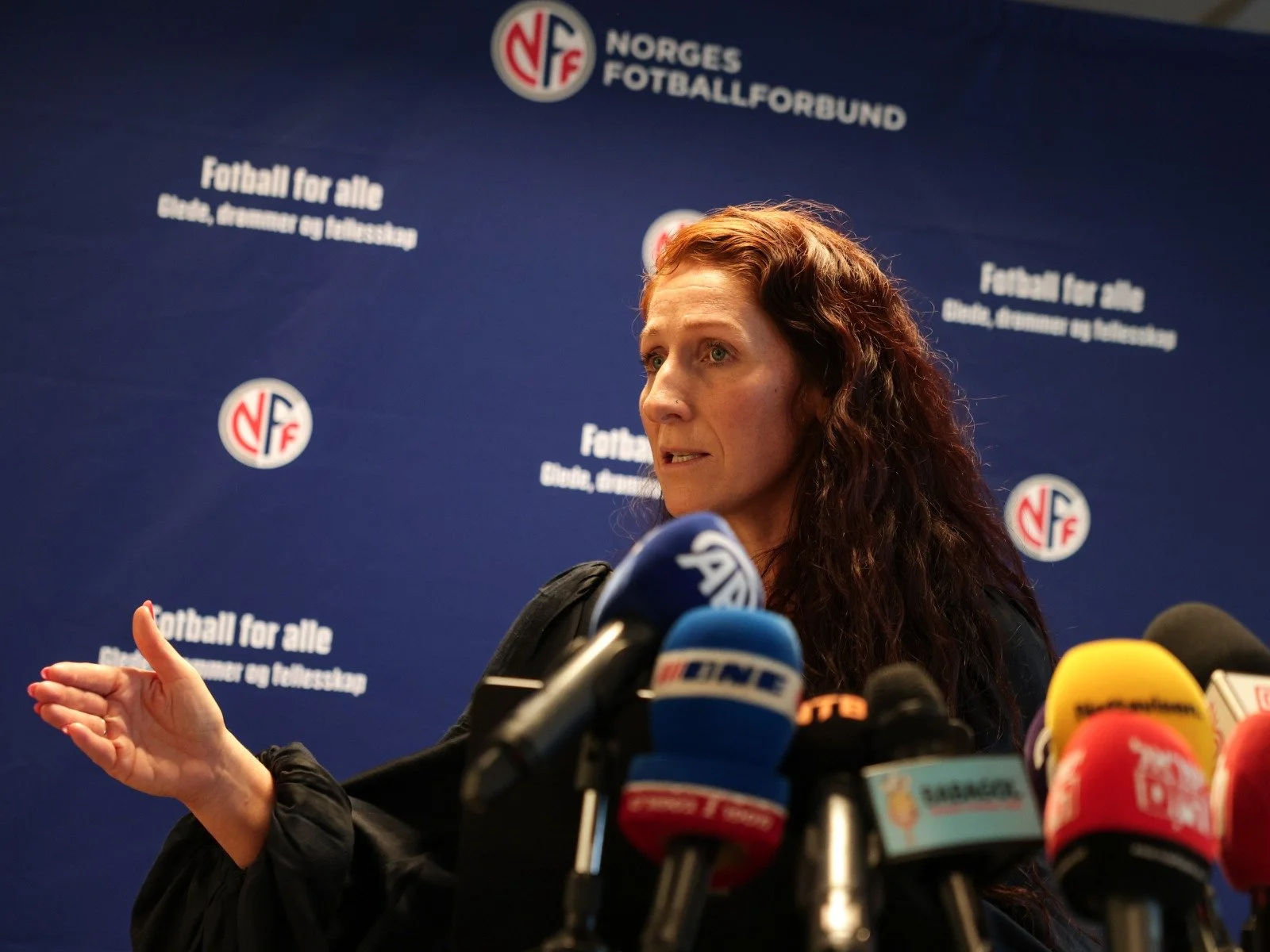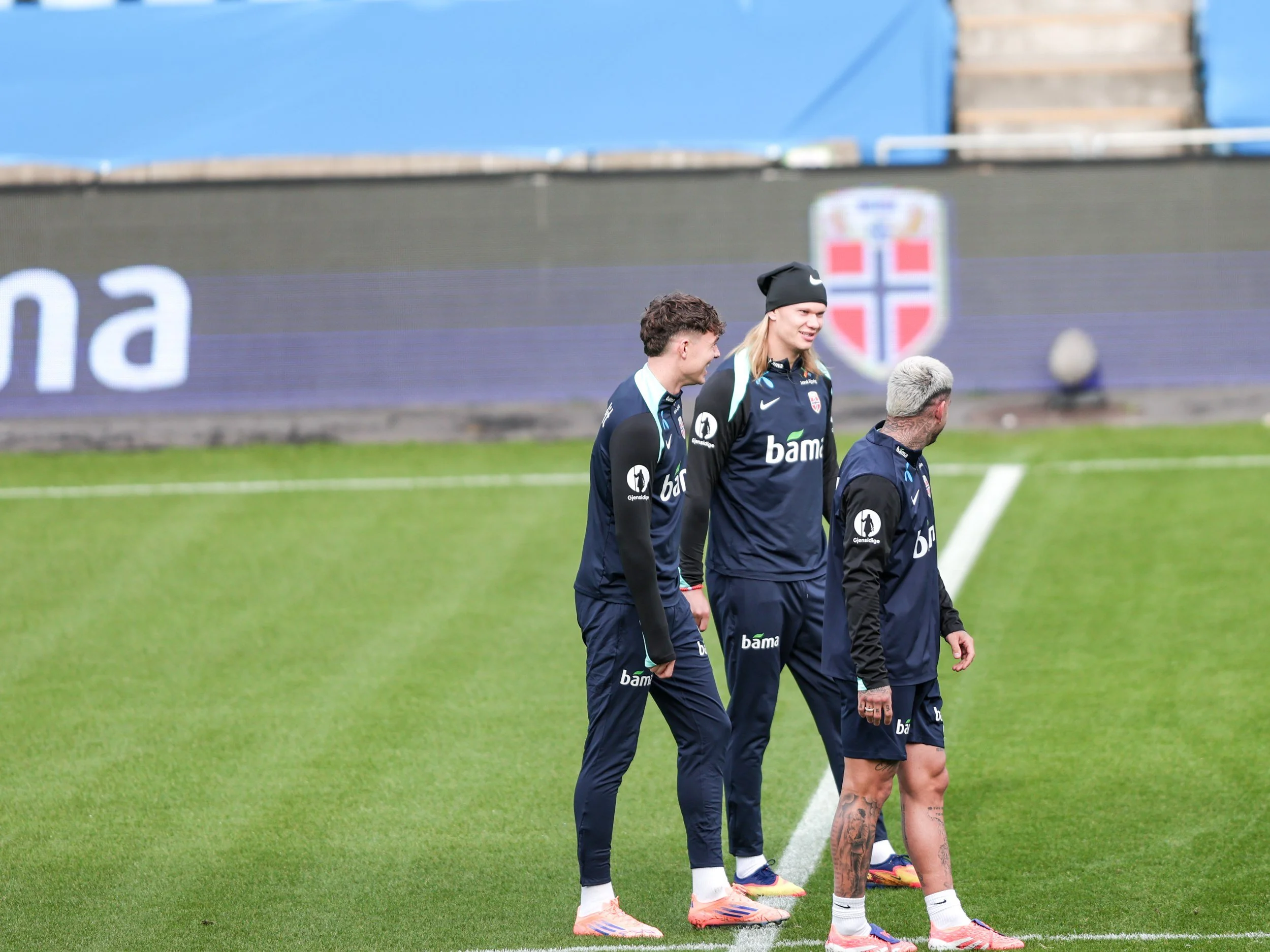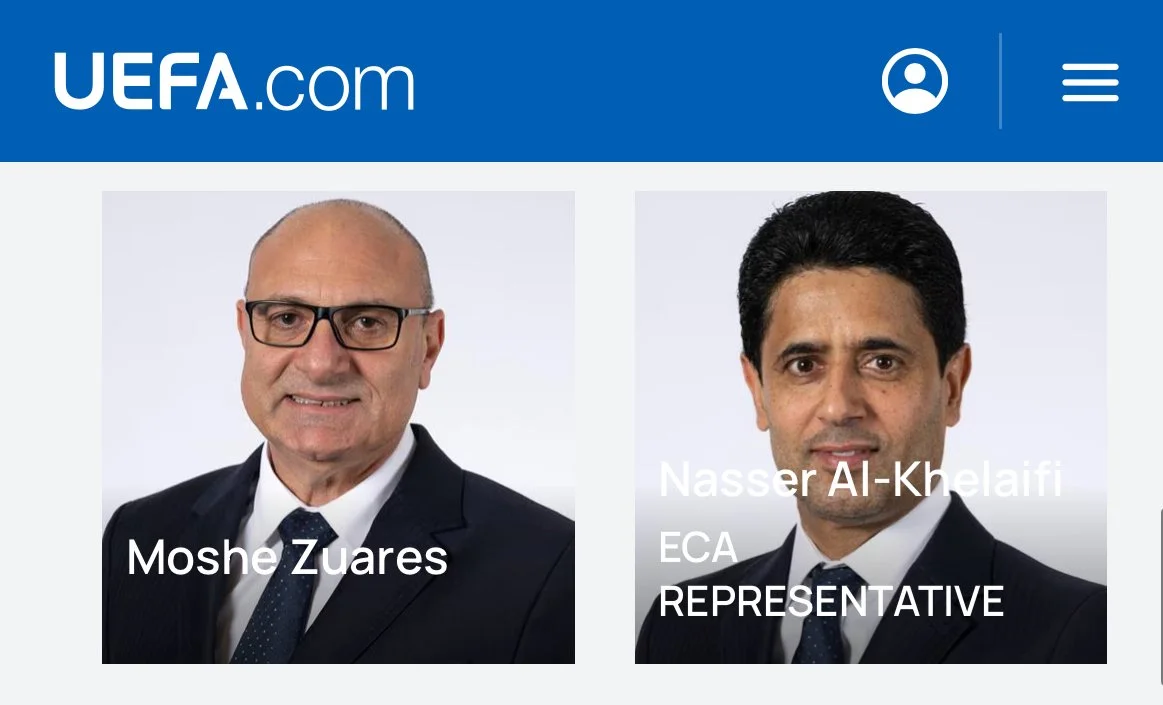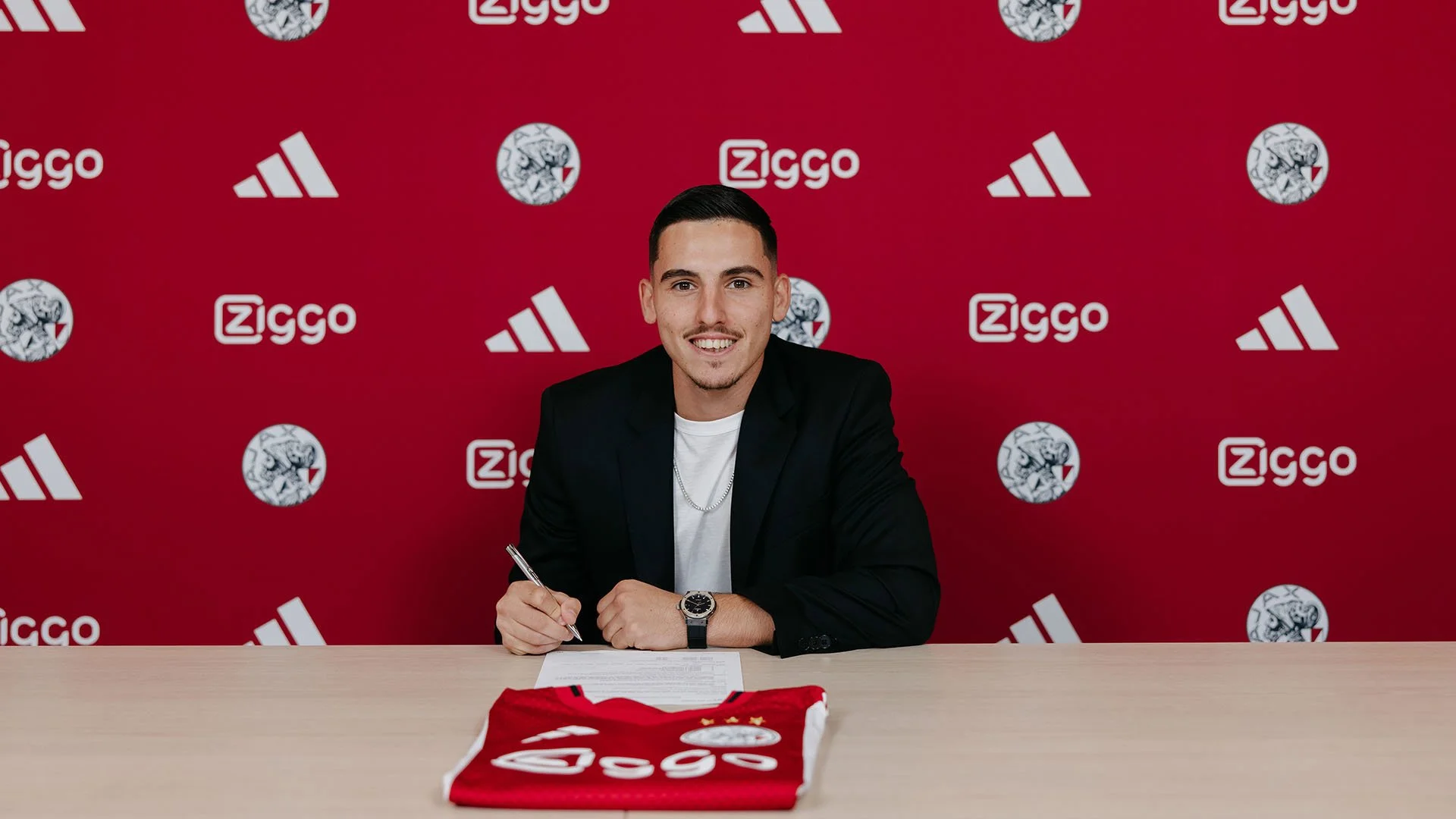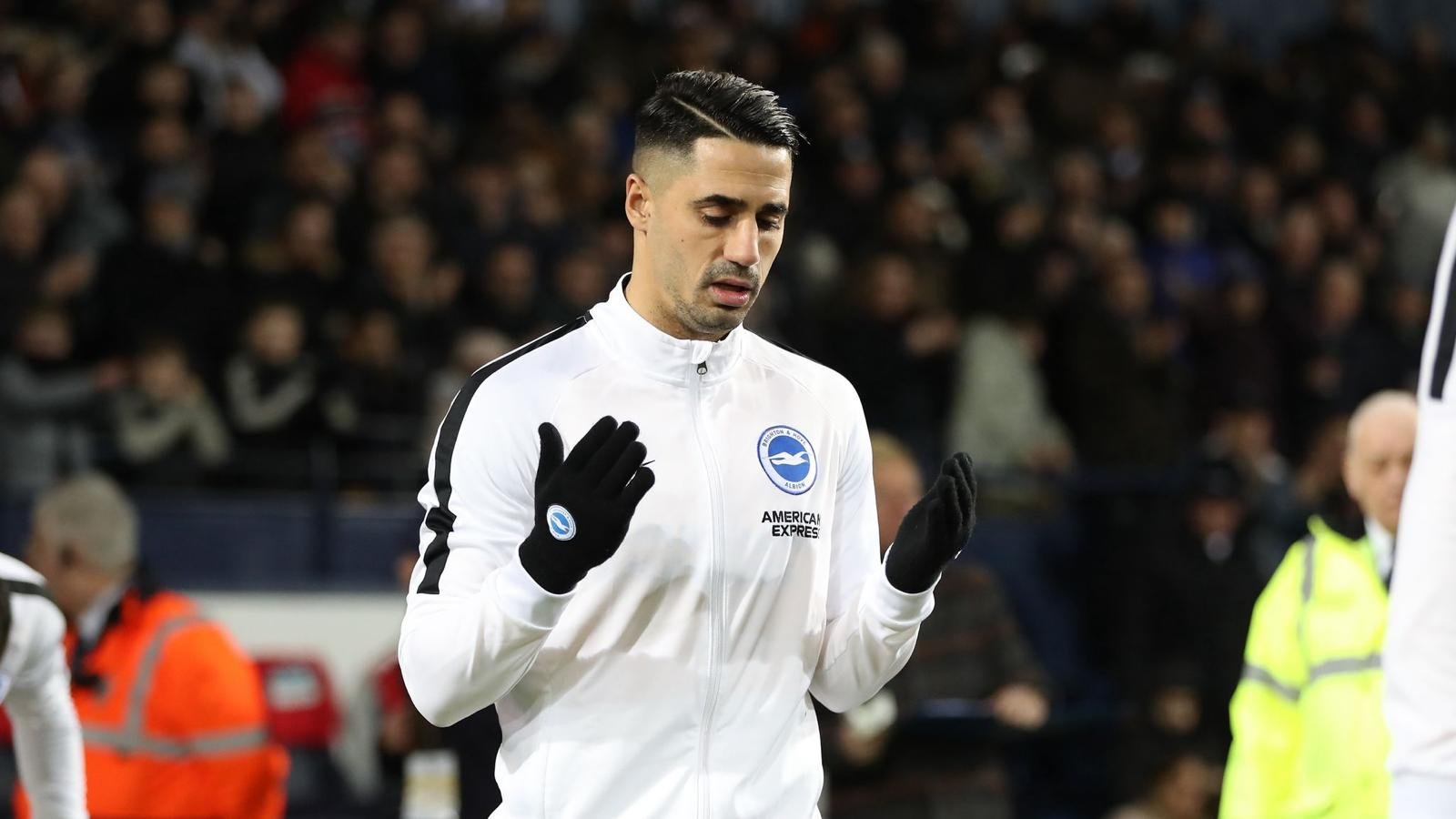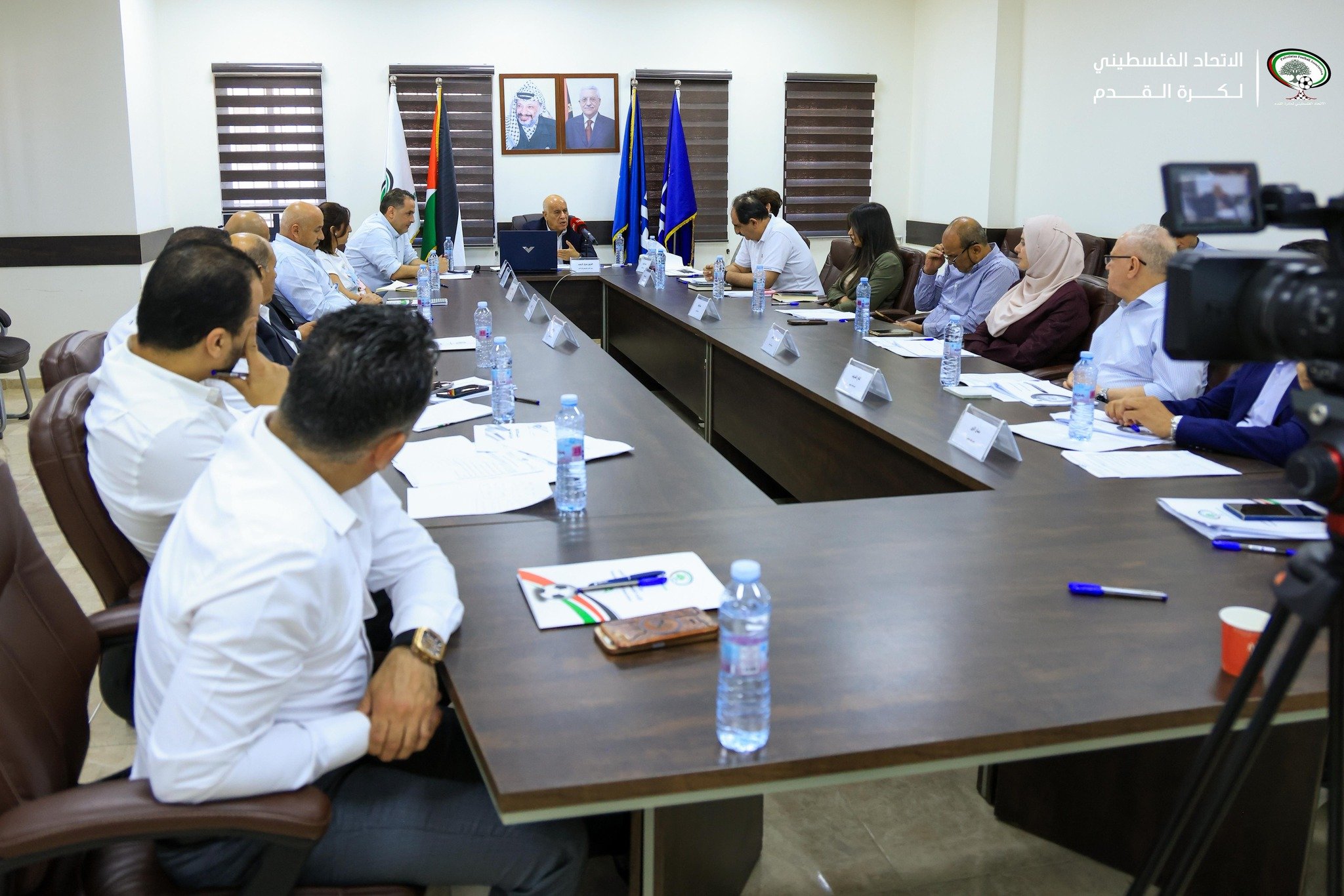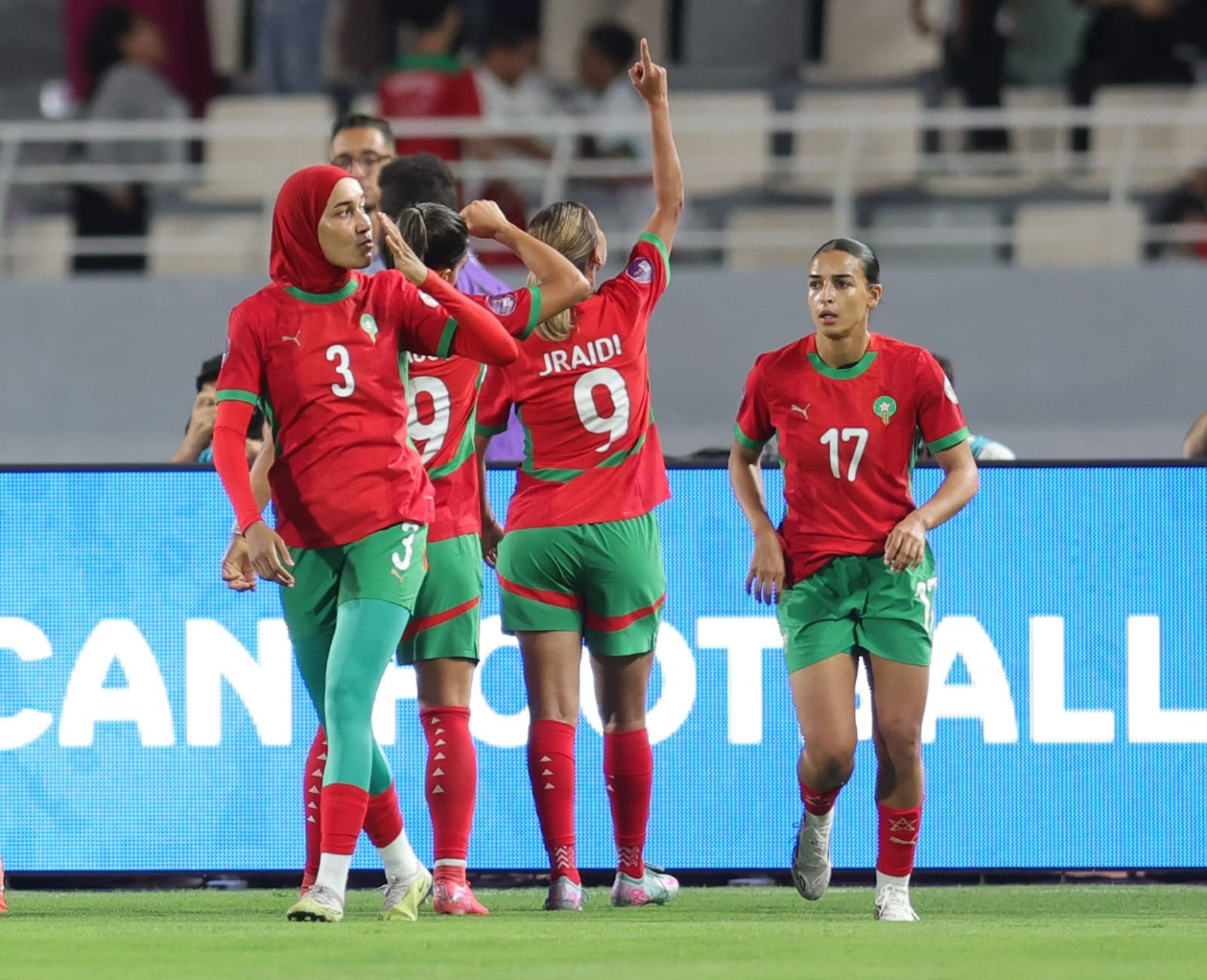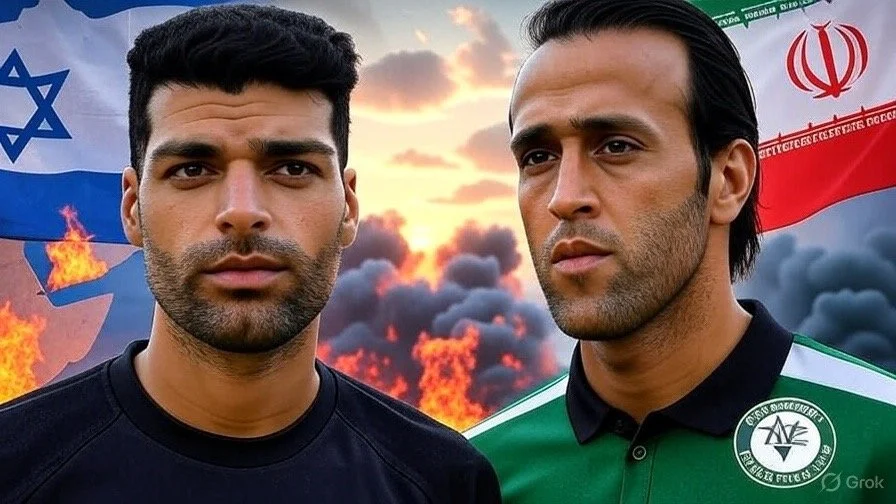No one expected an announcement to come quite so soon, but the Colombian national team has a new head coach.
Nestor Lorenzo, currently coaching Peruvian side Melgar, has been named as Reinaldo Rueda’s successor.
It‘s been known that the Colombian football federation has been looking for someone new to lead the national team for some time now, but no one thought they would move so fast.
Colombia failed majorly in their attempt to qualify for the World Cup - they won’t be in Qatar for the finals later this year. In fact, since Jose Pekerman left the national team in 2018, they’ve disappointed in two Copa Americas and missed the finals of the World Cup.
The campaign started poorly under Carlos Queiroz’s leadership, and didn’t improve once Rueda replaced him - they didn’t score a single goal in seven straight games.
Change was needed, with the likes of Marcelo Bielsa, Matias Almeyda and Alberto Gamero among the unofficial candidates to take the job. In the interim, Hector Cardenas took charge, with the federation focusing on their friendly against Saudi Arabia.
But, on 2nd June, two days before that friendly, Nestor Lorenzo was announced as the new head coach.
Lorenzo started his career as a defender for Argentinos Juniors, Bari, Swindon Town, San Lorenzo, Banfield, Ferro, and Boca Juniors - retiring as a player in 1997.
But the Argentine really made his mark at the World Cup in 1990. Playing alongside Diego Maradona in a side that would finish the tournament in second place - Lorenzo played all 90 minutes in the final.
Three years later, he moved into the dugout, joining as an assistant coach to Jose Pekerman for Argentina’s U20s. It would be the start of a professional relationship that would flourish over the years.
After spending a season at the side of Carlos Aimar as he coached Leganes, Lorenzo joined up with Pekerman again - this time with the senior national team. Under their watch, La Albiceleste reached the quarter-finals of the World Cup in 2006.
The next stop for the pair was a stint in Mexico, but this proved to be without success - both at Tigres and Toluca.
In 2012, they took over the Colombian national team, guiding them for almost seven years, and to two World Cup finals - including reaching the quarter-final in 2014.
After their departure, it was time for Lorenzo to step up to the top job. That’s when he joined Melgar, in December 2020, leading them to the top of the table in Peru and the round of 16 in the Copa Sudamericana.
¿Cómo le fue a Néstor Lorenzo en FBC Melgar?
— Lucas Martinez (@lucas99m_) June 3, 2022
• 32 victorias, 10 empates y 16 derrotas.
• Rendimiento del 60.9%.
• Dejó a Melgar como 1° de la liga peruana con 4 pts. de diferencia y clasificado a octavos de final de Sudamericana superando a Racing, Cuiabá y River Plate (URU). pic.twitter.com/XAynDi65Qp
Inexperienced coach – good or bad?
So why Lorenzo? Colombia is a national team that needs someone with a strong resume at the helm.
Lorenzo's disadvantage is clear, he’s not experienced enough.
Taking a coach who has only coached for one year is not good enough. It's too risky to let an inexperienced coach rebuild the pieces after the last failure.
His initial targets are clear - the 2024 Copa America, and the 2026 World Cup. Colombia cannot afford another humiliation.
So far, Lorenzo’s name brings back fond memories, dating back to Pekerman’s era in charge. But it’s not the same, he is a different coach after all. He’ll need to justify the faith the board has placed in him.
And there are some advantages to his appointment. He’s already worked closely with the federation for many years, he knows them well and they know him. The problem both Queiroz and Rueda had managing their players shouldn’t be a problem this time.
🎥 Revive el gol de @RafaelBorre_ para el 1-0 parcial
— Selección Colombia (@FCFSeleccionCol) June 5, 2022
📺 @GolCaracol#VamosColombia 🇨🇴 pic.twitter.com/rLjJ34kyTG
Whilst he’s not an experienced head coach, Lorenzo has spent years working side-by-side with some of the best coaches on the continent, and will surely be looking to take inspiration from Pekerman’s strategy with the national team.
He’ll have the opportunity, too, to blood some new talent, replacing some ageing players from the last generation. Right now, new blood is what this team needs most.
Lorenzo will work with Luis Amaranto Perea as his assistant. Perea has already coached several clubs in Colombia - it’ll be a risky signing but a fascinating one as well.
Lorenzo would like to prove himself at the highest level, and a successful period with Colombia could, quite easily, open doors for his career.





